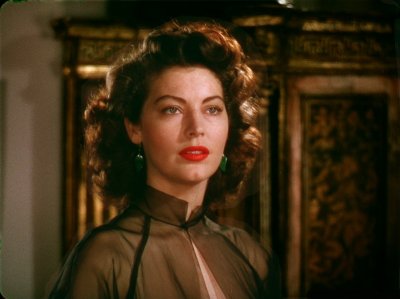All I'm talking about here is why her movies are popular in my town. We're a town demographically dominated by elderly upper middle class white women, so they're going to come to Judi Dench movies. And Maggie Smith movies. For some reason, though, they don't like Juliette Binoche movies -- probably because she's not elderly and is French.
"Acting ability" doesn't enter into it for our EUMCWWs. They don't like complex, challenging scripts or anything that threatens their cozy Garden Club view of the world. These are the same people who passive-aggressively complain to me because the Metropolitan Opera schedules things like "The Nose" instead of the fiftieth rerun of "La Traviata." They like a nice, big, fat, simple story, preferably featuiring actors who don't make them think too much. They also like to throw their trash on the floor and plug up my toilets, which I then have to spend extra hours snaking out, but we won't get into that. Such incidents always make me shudder when I see a Dench-Smith opus on the upcoming schedule.
If there's a single person in the world who's more irrelevant to me in any way than Bono, I can't imagine who it would be. I know that he exists, but that's the limit of it.
Oh, and the last movie I saw was a Joe McDoakes short about allergies. George O'Hanlon was an unsung comic genius.
It's ok Lizzie, I just felt a little sorry for her, and wanted to defend people like my mother (who aspires to be middle-class), who would go and see such films, because they don't expect to be intellectually challenged in the afternoon. Juliette Binoche is a beauty, and a great actress.



